Just for contrast, here’s the opposite of helping your employees know what to expect before day 1 on the job. Not recommended.
I vividly remember my first day of student teaching. My mentor was an experienced sixth grade teacher, board-certified (it’s a big deal), and from the moment I met her, I knew I’d hit the jackpot. You don’t often see a triple-threat who combines no-nonsense classroom management, a sparkle of fun (and mischief), and a caring heart. I was privileged spend an entire semester alongside her. I got to observe her handling all manner of behavior issues, handling tricky parents, teaching complex subjects, structuring her daily routines ... all the things you really only get to see glimpses of prior to student teaching.
Immediately after my student teaching was over, I got my first real teaching job as a sixth grade teacher. Fortunately for me, it was in the same school, just a few doors down from where I’d been teaching. It wasn’t an “easy” semester, but I was one billion times more confident than I would have been if I’d skipped student teaching.
The reason is simple: I knew what to expect.
That’s it. It was the whole reason I felt confident enough to show up that first day and believe “I’ve got this.” All the semesters of classes I took about “how to teach” did nothing to help build that confidence. What I needed was to get in there and see what it was really like to teach a classroom of 32 pre-teens. (And for those of you wondering, it’s … challenging.)
So here’s the question
How can you give your new hires that confidence?
How can you let them know what to expect before they even begin?
You may not have the luxury of providing them with several months of mentorship before they strike out on their own. But you can and should think about how to give them the confidence that only comes from knowing what to expect in REAL life.
You might…
Have them shadow an experienced team member for a week before training even begins. (Give them a checklist or scratch sheet so that they focus on the important parts of the job. “While you’re observing A, look for X, Y, Z.”)
Identify 2-5 of the most important tasks they’ll do and give them ample opportunity to practice them, either in a mock setting or with the support of an experienced team member. (Give the trainer a checklist so that they know what to look for. And make sure they turn it in when they’re done so it gets used every time.)
Create videos of what it’s like on-the-job and include them as part of your onboarding (or hiring!) process. (We love putting videos into our favorite training software, Trainual.)
Write up a list of “Things that Sometimes Go Wrong.” Give them directions on how to handle each so they’re aware of worst-case scenarios.
Provide a detailed “Before Your First Day” letter that explains every detail they’d ever want to know about what to expect on day 1. This might include dress code, where to park, who to check in with, whether they should bring a lunch or will be taken out to lunch, and any other items they need to bring.
Helping your new hires know what to expect won’t just make it easier for them to get up and running. It will tell them that you care about how they feel in their first weeks. You only get one chance to make a first impression on your new hire. The gift of confidence is one they’ll never forget.
PS - The Process Mavens are really really good at helping our clients make sure their new employees know what to expect. If you need help with your new employee onboarding or training, give us a shout by clicking the button below!

